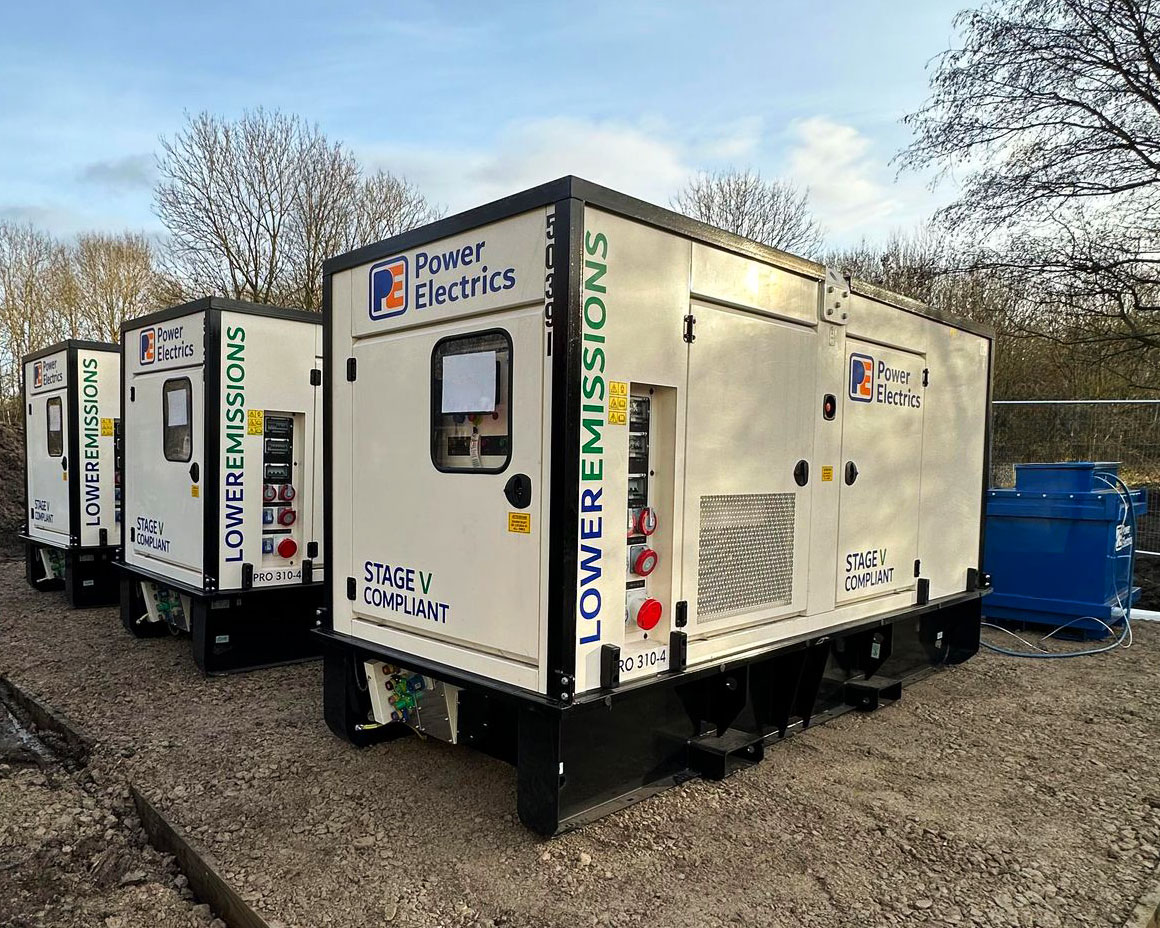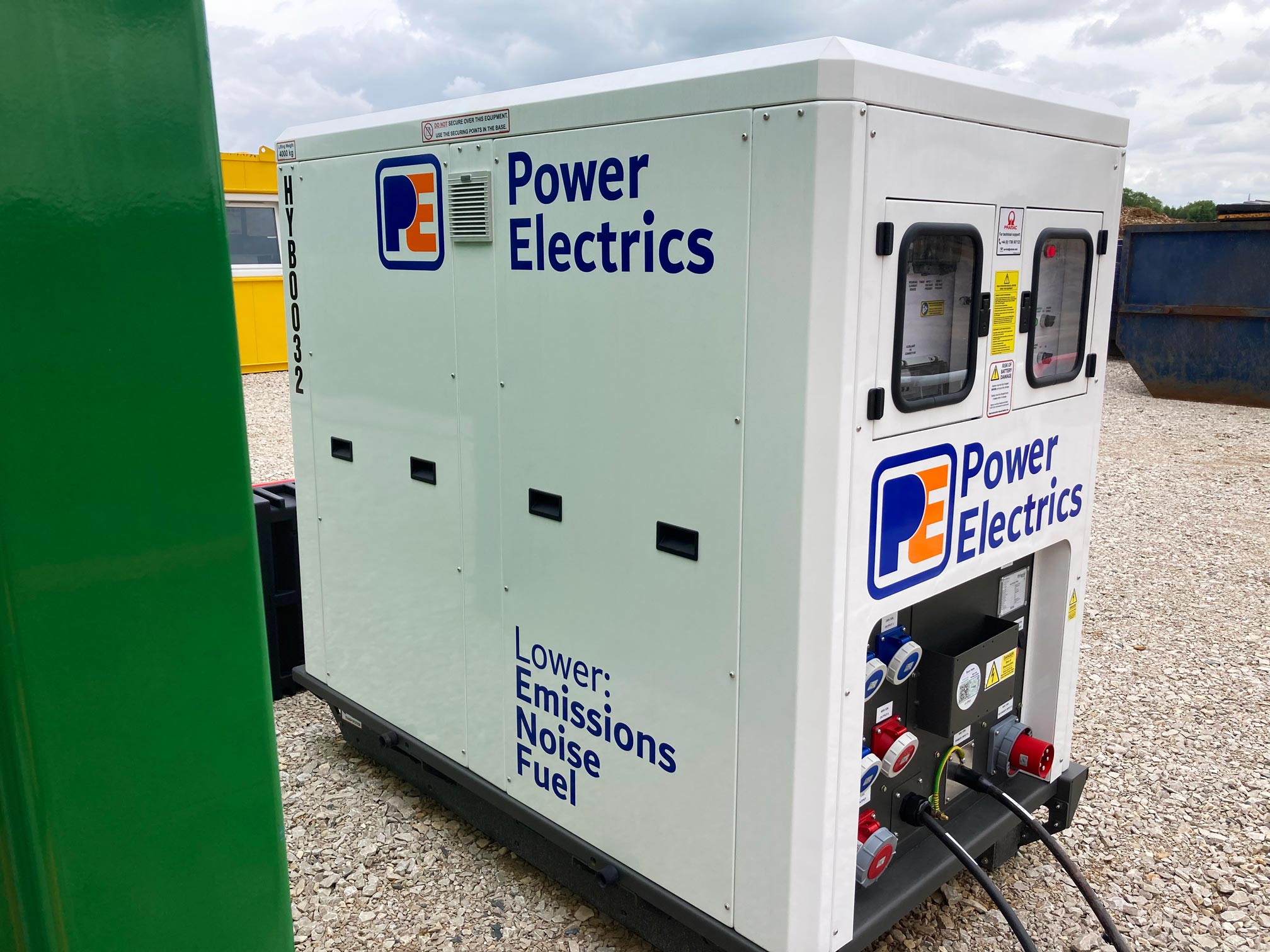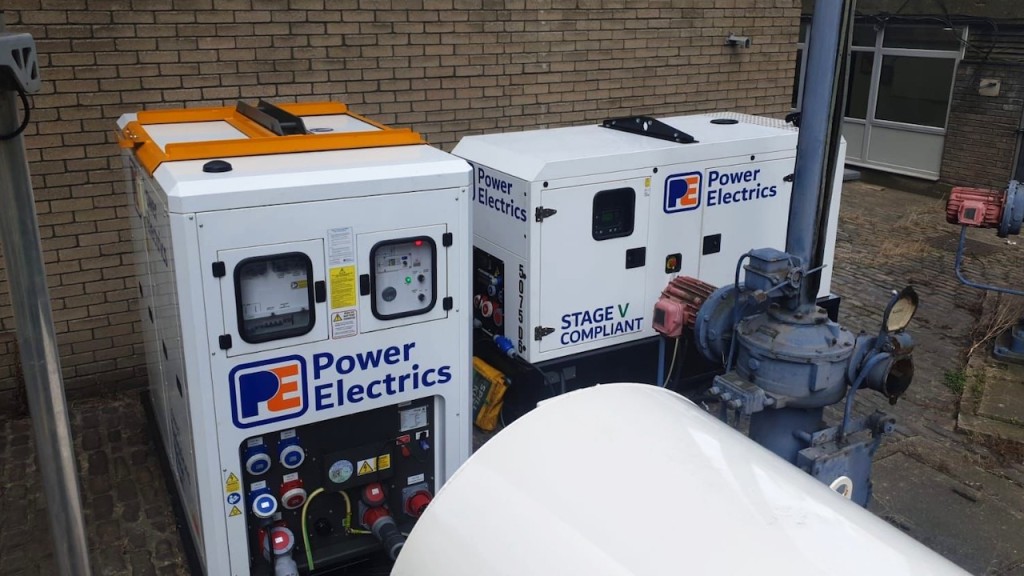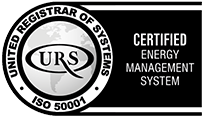The UK has a bold target of a 78% reduction in economy-wide emissions by 2035. By 2050, the goal is to achieve net-zero greenhouse gas emissions. As the Utility Industry strides towards these Net Zero targets, the adoption of more sustainable practices and technologies around temporary power is not just a regulatory requirement but is a strategic move towards efficiency and sustainability. From the water industry to telecoms and from energy to gas, utilities organisations will be required to adapt dramatically to meet these targets.
This blog outlines five essential tips for integrating temporary power solutions that meet environmental goals.
1. Switching Fuel Sources
Transitioning away from fossil fuels, such as white diesel, and using alternatives like Hydrotreated Vegetable Oil (HVO) fuel is a pivotal move for utility companies looking to reduce their carbon footprint quickly.
HVO fuel burns cleaner than standard diesel and, when made from renewable sources, offers a cleaner alternative, cutting down emissions by up to 90% compared to conventional diesel. This switch not only supports greener operations but also helps utility companies meet stricter environmental regulations.

2. Improving Efficiency
Updating old equipment can help in the long run, such as upgrading from old generators to Stage V generators. These are designed to meet the latest EU emissions standards and can dramatically improve the efficiency of temporary power production.
Stage V generators reduce emissions by utilising filters and catalysts while maintaining the same power output, offering an effective way to meet environmental commitments without compromise.

3. Investing In Technology
Investing in advanced technology is crucial for achieving sustainability goals with temporary power solutions. Utilising Battery Energy Storage (BES) units alongside traditional generators can help reduce reliance on fossil fuels.
BES units can store excess energy generated during low-demand periods, which can then be used during peak times to supplement the generator supply. Alternatively, they can be used to cover demand during quieter periods of time and then recharged by generators when the charge is low.
If your power equipment is supporting the electrical grid this can mean handling the overnight load when households are asleep. The BES units can also work with the generator to cover the peaks in power demand during the morning and evening. This helps to limit the amount of time the generator needs to run, and when it does run, it runs at a more efficient load, reducing fuel usage and emissions released.
4. Scheduled Maintenance and Servicing
Regular maintenance and servicing of generators ensure they operate at peak efficiency, which reduces fuel consumption and emissions.
Preventive maintenance schedules can identify and resolve potential issues before they lead to inefficiencies or breakdowns. Power Electrics offers comprehensive preventive maintenance and servicing to keep your generators running smoothly and sustainably. We also ensure all rental generators are thoroughly serviced and inspected before being delivered to customer sites to ensure they run as efficiently as possible.
5. Promote Awareness of Sustainable Practices
Enhance your operations’ environmental friendliness by raising awareness among staff, customers and stakeholders about best practices for deploying and managing temporary power solutions.
By educating teams on the importance of energy conservation and the impact of their actions helps to foster a culture of sustainability, ensuring more responsible and efficient use of temporary power.
Taking proactive steps towards integrating sustainable temporary power solutions is essential for the utility industry’s progress towards net zero targets. Utility companies have made substantial progress in decarbonising their industry. However, the sector will likely have to continue this improvement, with only 11 years to the next target date of 2035 and 26 years until the 2050 net-zero goal.
Talk to Power Electrics to explore how our expertise and innovative solutions can help your organisation meet its sustainability goals.









